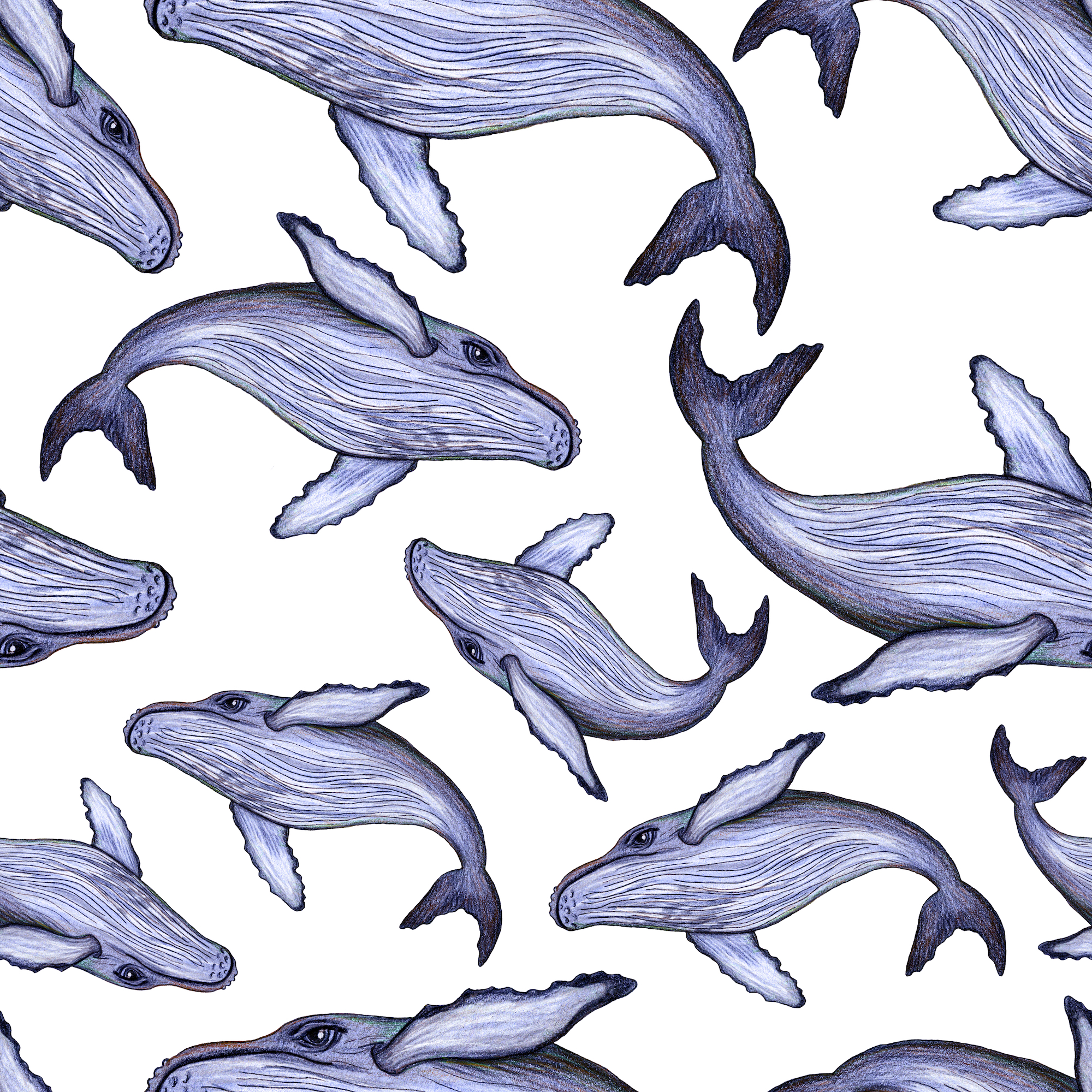Nearly 40 civil society organizations from 12 countries sent a stern message today to the Latin American government representatives to the International Whaling Commission, known as the Buenos Aires Group, requesting urgent diplomatic action as a response to the imminent beginning of the so-called “scientific” whaling season, to be undertaken by the government of Japan in the Southern Ocean Whale Sanctuary.
Besides the unnecessary killing of tens of thousands of whales in the Southern Ocean and their threatened status, the signatory organizations expressed deep concern for the “serious threat which the anachronistic and worn-off whaling fleet poses to the protection of the delicate Antarctic ecosystem and maritime safety”.
In their letter, the organizations highlight several declarations by Japanese government officials about the need to undertake extensive repairs on the whaling fleet´s main ship, the Nisshin Maru factory ship. Operating since 1987, Nisshin Maru has had many major failures and accidents recorded since 1998 which have endangered the lives of its crew and the marine ecosystem. In addition, the entry into force of new rules of the International Maritime Organization (IMO) for Southern Ocean navigation would prevent the Nisshin Maru from operating there during the upcoming “scientific” whaling season.
The Latin American civil society letter makes a detailed summary of several incidents related to the Nishin Maru, such as a fire in 1998 near Australia which killed a crew member, as well as a violent explosion and fire which happened in Antarctic waters in 2007 less than 100 nautical miles from one of the most important Adèlie penguin colonies, which disabled the ship for more than ten days and also claimed the life of a crew member. On that occasion the Japanese government systematically refused help offered to tow the ship to a safer area, which generated a serious disagreement with the New Zealand environmental authorities due to the danger the ship and its load of thousands of tons of heavy fuel and chemical substances posed to the delicate Antarctic ecosystem.
Additionally the organizations noted that the navigation maneuvers of the Nisshin Maru have characterized an aggressive behavior, threatening human life and the conservation of the marine ecosystem during several legitimate civil society protests in the high seas.
They also highlight that in 2011 the Japanese government has added military type elements to the whaling fleet, including a patrol boat from the Japan Fisheries Agency, Japan Coast Guard officers and security personnel, about which no public information has been disclosed. All this despite the fact that the Southern Ocean has been designated as a weapons-free peace and international cooperation zone under the Antarctic Treaty. On this matter the letter warns that “the aggressive expansionist policy of Japan in Antarctic waters is a serious precedent about the way they will tackle future conflicts in the Antarctic region and a grave threat to Southern Ocean governance”.
Besides, the ship could be breaking IMO regulations which entered into force in August 2011 and which ban ships from using heavy fuel, require reinforced hulls for navigation in areas with abundant icebergs and ice floes, and refrain from dumping waste generated by whaling into the ocean.
Given these issues the organizations affirm that “after 25 years undertaking commercial whaling operations under alleged scientific programs and in violation of the Southern Ocean Whale Sanctuary, the aggressive whaling policy of the Japanese government in the Sanctuary and the dangers of its outdated whaling fleet poses to the Antarctic environment require solid and immediate action by the Buenos Aires Group”. They conclude that “Considering these reasons we request the Buenos Aires Group the urgent adoption of the most substantive actions in opposing the next “scientific” whaling season by Japan in the Southern Ocean Whale Sanctuary. The safety of human life and the protection of the unique and delicate Antarctic ecosystem cannot be continuously ignored in favor of the economic and political interests of a minority group in charge of the Japanese fisheries industry”.
José Truda Palazzo, Jr., former Brazilian Commissioner at the International Whaling Commission and Director of the Cetacean Conservation Center in that country affirmed that “it is time for the Latin American countries to act firmly on the continued crime of the theft of marine biodiversity of the Southern hemisphere by Japan. Given the shameful inaction of the IWC, we must make sure that there is a strong response from our regional community to the violation of the Antarctic Sanctuary and the slaughter of our shared whales which are used for non-lethal research and ecotourism”.
On another statement, Dr. Mariano Sironi, Scientific Director of Argentina´s Whale Conservation Institute, said that “in the 21st century there are no valid reasons to kill whales with the alleged motive of ‘studying’ them. The aberrant ‘scientific’ whaling undertaken by Japan, perpetrated besides inside whale sanctuaries where hunting is forbidden, is a truly insult to Science. Since 1986, the whaling fleet has killed more than 10,000 whales to ‘study’ them. So it begs the question, what is that Japanese scientists have still not been able to find about the biology of whales after such a massacre in the name of science?”
Elsa Cabrera, Executive Director of the Cetacean Conservation center – Chile, concluded that “from several years now there has been an unexplained debilitation of the position from the IWC and the members of the Buenos Aires Group in relation to the so-called ‘scientific’ whaling by Japan in the Southern Ocean. Despite the growing abuses and irregularities by the Japanese government on this issue, the last diplomatic protest dates from 2007. Given the serious threat represented by the anachronistic whaling fleet for human life and the Antarctic marine ecosystem, it is imperative that our governments act quickly and undertake all necessary actions to protect the whales form our region and Southern Ocean governance”.
Read the letter to the Buenos Aires Group here.
Source: Centro de Conservación Cetacea



